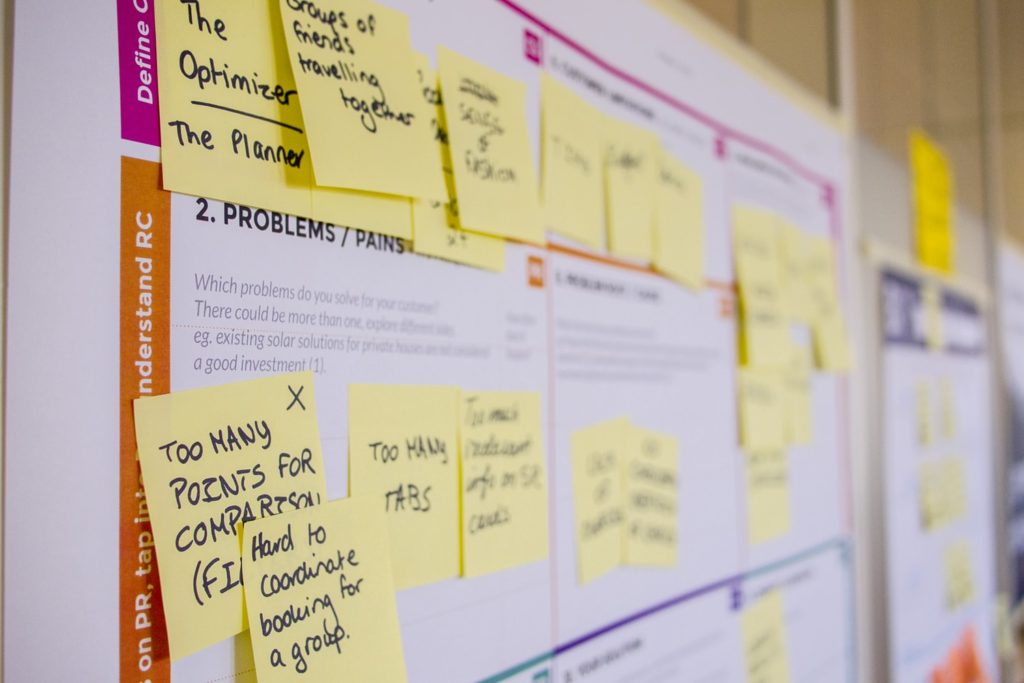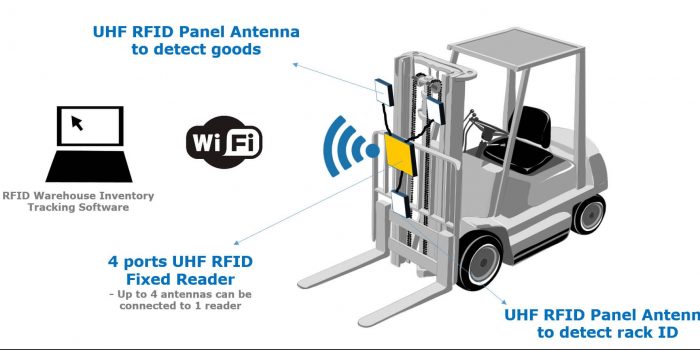Conceptually, custom software development refers to the creation, design, deployment, and maintenance of software to be used by well-defined sets of users, organizations, or functions.


So, to thrive and create scalable, effective, and comprehensive solutions, a custom software development company must take into account the latest trends in COTS along with incorporating advanced custom software development techniques.
Technological advancements always provide a substantial impact on the evolution of custom software development services.
We present an analysis of the most influential technologies and practices to have emerged in the custom software development landscape in the recent past.
Use of open source technology
As per reports of Fingent Inc., more than 90% of businesses worldwide use some form of open-source software in their stack. Renowned technology companies such as Facebook and Google make use of open-source tech in some of their most crucial solutions. Custom software development companies can not afford to miss out on building expertise in open source technology and incorporating it into their mechanisms.
Incorporation of Artificial Intelligence tools
At present, it is impossible to find a popular digital platform without AI and Machine Learning capabilities. These software applications can gather knowledge about customers and impart superb user experiences.
Your custom software development team needs to be skilled in the intricacies and nuances of writing code, which can be synced easily with algorithms with Deep Learning capabilities to help your business advance in the digital era.
Artificial Intelligence tools are revolutionizing the methods of communication with end-users and consumers. So, AI-powered chatbots with Natural Language Processing abilities are going to become a vital feature in custom software.
Cloud services to become dynamic and extensive
Cloud computing has made a tremendous impact on many aspects of software applications- right from infrastructure to platforms. Cloud technologies help in reducing costs by getting rid of investments on on-premise infrastructure while allowing for automation and control to your team and management.
The technology workforce of businesses can be made substantially agile and mobile with the help of superlative cloud technologies. Software development companies should focus on training developers and teams in cloud technology skillsets.
Unprecedented emphasis on security
Even top businesses can’t expect to continue its cycle of growth without benefiting of optimum security features, services, and solutions. With targeted cyberattacks on corporations and economies across the world growing at exponential rates, cybersecurity requires special attention, and the integrity of your business practices and processes can’t be compromised.
Predictive Analytics tools and Deep Learning equipped algorithms have become crucial to enhancing the safety of custom as well as COTS software.
Customer-centric approach towards design and development
All thriving companies are taking into account the expectations of consumers when it comes to adding features and attributes in their solutions. The use of Big Data analytics gives them a reasonably accurate about the requirements of customers while your management and leadership team can take accurate data-based decisions and implement performant processes.
Custom software development companies should not make assumptions about customers’ business automation requirements but focus on the company management need for better data making decisions. Taking data-driven decisions and putting the customer first is the way of the future in custom software development.
All enteprise technology goes mobile
With the advancements in technology and the increase in large number of customer base using mobile phones, these gadgets are now no more restricted to just making calls or sending SMS but also as a mode of entertainment, accessing the internet on the run, using customized application by the user, marketing and statistics purposes, chatting, votes, etc.
The mobile devices could be personal digital assistants, enterprise digital assistants, or mobile phones. Such devices are resource-constrained, low power devices, and the process for designing software for such devices is known as Application development. App developers can very well design the games, utility software or customised applications to be deployed on these types of mobile-related devices.
Each of the above-mentioned platforms has specific devices associated with them which are readily available in the market and have different programming language/platform available for development. Mobile applications can be developed for various categories or fields depending upon their usage in that particular field. Let’s have a look at those categories.
Many software development companies are now emphasizing on mobile application development to meet large customer requirements. The highly skilled developers make use of the platform-specific SDK for designing the mobile application software. There are specific sets of requirements that needs to be followed for developing mobile applications.
The requirement can be based on Usability, software security, performance issues, and functionality.
For developing successful mobile applications, the following are required:
Mobile Functionality Requirements
After gathering the customers requirement and doing preliminary application study, the first step is to create the functional and non-functional requirement document i.e. FRS and Non-FRS. These documents define the functional and non-functional specifications of the application.
Some of the main criteria like the function of the application, input required for marketing purpose, and application phases should be clearly defined. Today, Mobile application development firms follow a very quick to market approach considering reduced cost and high quality as the major features. This, in turn, helps clients in getting a cost-effective world-class quality product, and the company developing the software receives a fully satisfied successful client.
Use Agile methodologies
For the proper execution of software creation and programming process, Agile methodologies have evolved to permit different teams to manage and work together easily until the final delivery of each software product, along with all possible changes, occur in the meantime. Hence Agile Development has become an essential part of any software product lifecycle and apps development. Agile Product Development is the new terminology in software product development technology, and it has been using most commonly worldwide.
We see with the evolution of this terminology; it has become the most essential part of product development. Nowadays, no any software product development completed without going under the agile process.
The concept of agile product development was in existence for a long time but was not an essential part of the development method. Currently, Agile methodologies of product development are booming and playing a significant role in the software product development cycle. There is still much confusion on what “agile methodology” is and how it is used in designing and product development. Here I am trying to clear up some of that confusion and little illustration on Agile Product Development.In the process of agile development, the traditional process of product development goes under the cycle of reprocess, based on its methodology beside continuous deliveries, testing team which manages the cross-testing of all functional activities of developed module and a team which make analysis and plan to deliver a product in a time deadline rather than making specifications.
In short, we can say, Agile is a methodology that is used for the production of software products.
For the proper execution of software creation and programming process, Agile methodologies have been evolved to permit different teams to manage and work together easily until the final delivery of each software product, along with all possible changes, occur in the meantime. As we observe and see, the mechanical engineering product development process frequently faces the problem of inadequacy after the supervision of the engineer that has appointed to supervise the workflow of the development of the product. While in mechanical product development, when there is a requirement of adding any new feature, then at that moment, we can make changes to a product. But in this process, it is hard to track the actual growth of progress after adding any new features at the time of delivery. As more electronic hardware and software are incorporated into traditional mechanical products, manufacturers are seeking better ways to integrate design activities across engineering disciplines. As a result, many design and development practices are exchanged.
There is no one-size-fits-all category when it comes to business solutions
Every business is different. From employers to management to locations and industry specialties, every business automation needs and situation is unique. Custom software development can help your business in ways that standard, mainstream systems and processes cannot.If you run a retail operation business, your needs are different than those of an automotive enterprise.
So what should you do if you have a need but do not have an appropriate, technological approach to solving the issue? You could spend hours and days, perhaps even weeks trying to develop a process approach to your problem. You might be successful, but the time invested is time away from your business. This is where custom software development is crucial. You can hire someone (or a group) to analyze your needs and create a solution that works for you and your particular business. Perhaps you need an effective way to track inventory or a creative approach to managing payroll.


 While standardized methods for this could be implemented, you could have a completely customized system instead to help with your business automation. Custom software development improves productivity, regardless of the industry. Less time tweaking and managing less-than-efficient programs means more time working in the business instead. While some standard solutions DO work effectively, by and large standard solutions are just that standard. So if your business has unique problems or challenges, you may want to consider custom software development as a solution. Hiring a developer will alleviate the stress of having to write the programs yourself. Additionally, a developer will have programs and expertise from writing other customized programs for other businesses.
While standardized methods for this could be implemented, you could have a completely customized system instead to help with your business automation. Custom software development improves productivity, regardless of the industry. Less time tweaking and managing less-than-efficient programs means more time working in the business instead. While some standard solutions DO work effectively, by and large standard solutions are just that standard. So if your business has unique problems or challenges, you may want to consider custom software development as a solution. Hiring a developer will alleviate the stress of having to write the programs yourself. Additionally, a developer will have programs and expertise from writing other customized programs for other businesses.
Choosing custom software development as a business solution may prove to be a wise and financially sound choice. When hiring a custom software development company, ask to see samples of work they have already completed. Also, ask for references from a business like yours that have previously used their services for cloud, data, automation, or custom software development services.
The team that you hire to create customized business automation or digital transformation project solution should spend time with you to see what your needs are, what direction you are heading and what your long-term goals for your company have.
The solutions and services you are provided with should meet or exceed your management expectations and help your business get (or keep) moving in the right direction.
Contact Areus expert team to help your business advance with the right technology, data, and services.




